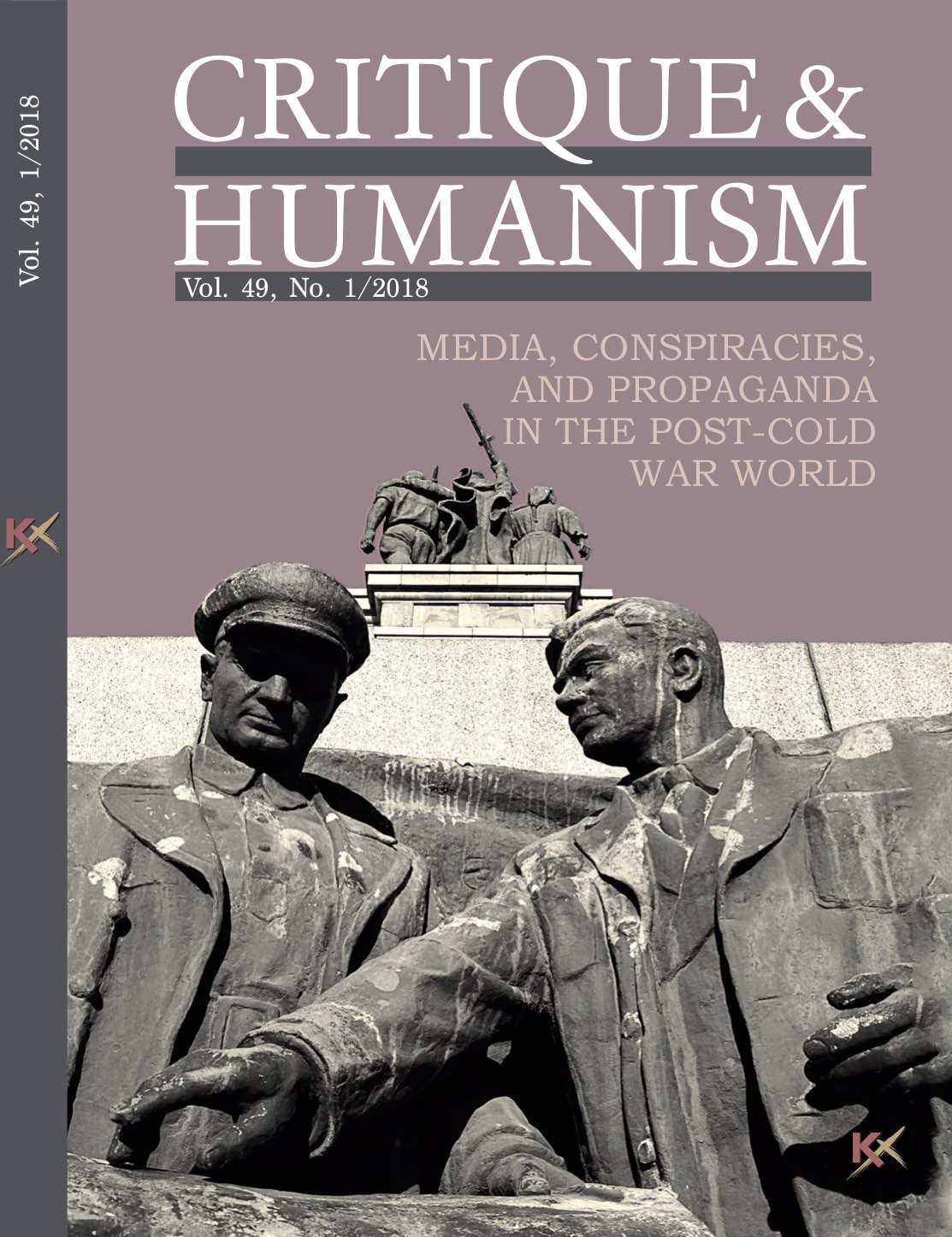Judicial Power or Conspiracy?
Judicial Power or Conspiracy?
The Emergence of the Citizen-Investigator in the Context of a Politics Centred around the Rule of Law and the Fight against Corruption
Author(s): Lea VajsovaSubject(s): Politics / Political Sciences, Politics, Social Sciences, Civil Society, Sociology, Sociology of Politics
Published by: Фондация за хуманитарни и социални изследвания - София
Keywords: transition; post-communist Bulgaria; judicial power; rule of law; anticorruption discourse; subjectivity; civil society; conspiracy; Boltanski; sociology of secrecy
Summary/Abstract: The thesis of this article is that it is difficult to distinguish the logic of conspiracy in some of its manifestations from the logic of the judiciary. The author attempts to show that the difference between conspiracy and judicial power is a consequence of the positioning of the respective logic in locations that are discursively granted the right to evaluate something as true. Undoubtedly, the discourse of judicial power is one of the leading political perspectives in Bulgaria nowadays since politics are centred around the rule of law and the fight against corruption. In order to unfold her main thesis, the author attempts a reconstruction of the anticorruption discourse based on the works of Ivan Krastev and Nadège Ragaru. She demonstrates its development on a global scale and its entry in post-communist Bulgaria. What she finds particularly interesting in Ragaru’s observation is that the anticorruption fight relies on civil society, and in that sense, constructs a ‘civil society’ which, within the framework of this judicial discourse, begins to duplicate the practices of the investigator.
Journal: Критика и хуманизъм
- Issue Year: 2018
- Issue No: 49
- Page Range: 385-404
- Page Count: 20
- Language: English
- Content File-PDF

